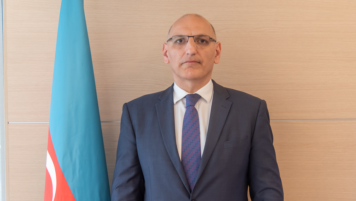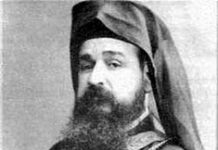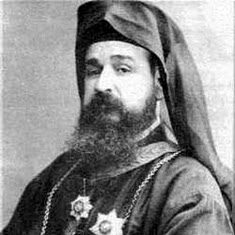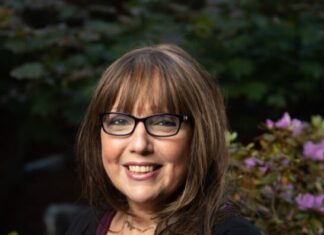By Alin K. Gregorian
Mirror-Spectator Staff
BOSTON — The national director and CEO of the Anti-Defamation League (ADL), Jonathan Greenblatt, made Friday, May 13, a lucky day for mending relations with the Armenian and non-Armenian activists who for years had asked the organization to recognize the Armenian Genocide and also throw its support behind its recognition by the US government.
On that day Greenblatt released a statement on the group’s website in which he stressed his support for both issues. (See the full statement of the ADL with the continuation.)
“What happened in the Ottoman Empire to the Armenians beginning in 1915 was genocide. The genocide began with the ruling government arresting and executing several hundred Armenian intellectuals. After that, Armenian families were removed from their homes and sent on death marches. The Armenian people were subjected to deportation, expropriation, abduction, torture, massacre and starvation.
“What happened to the Armenian people was unequivocally genocide.








